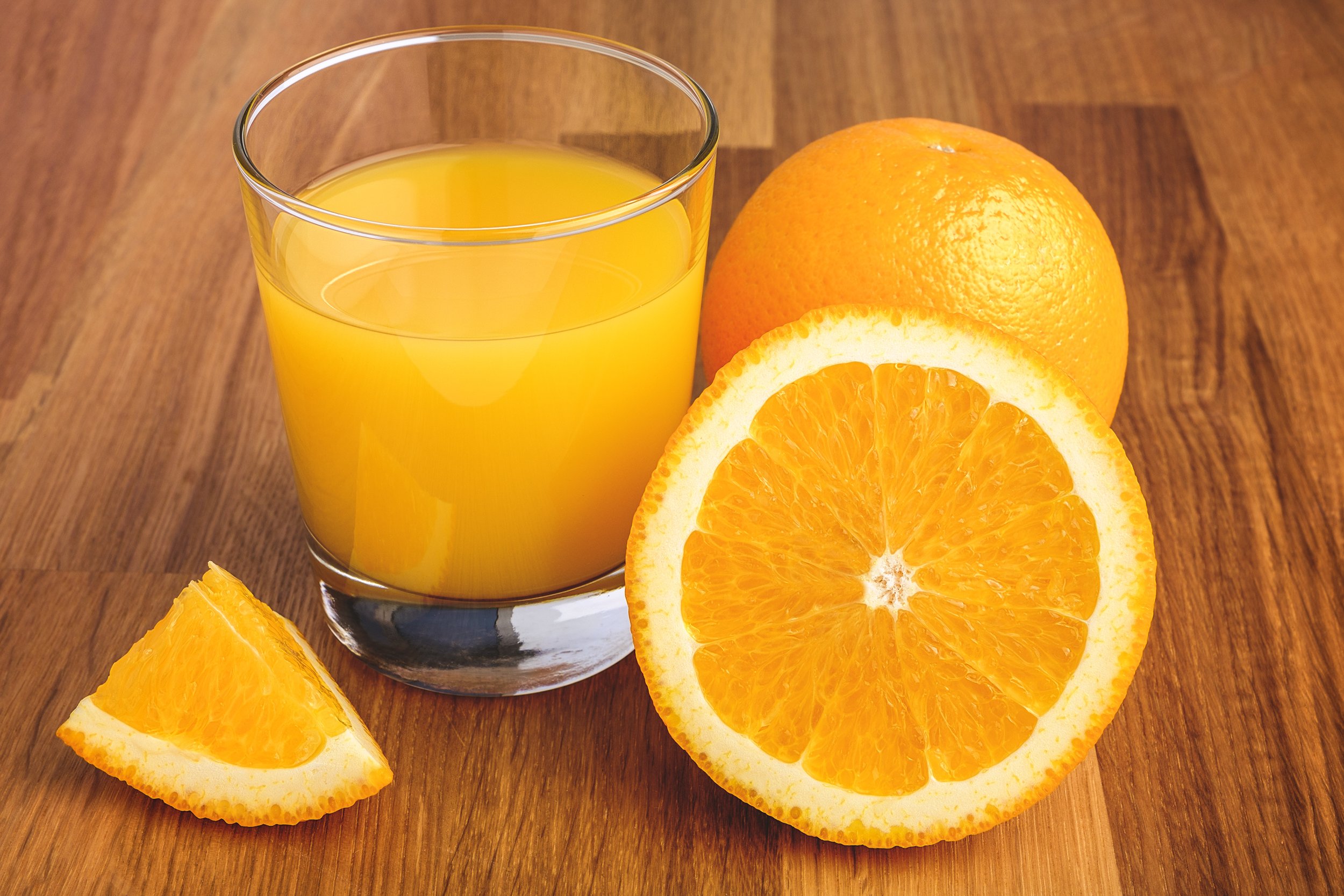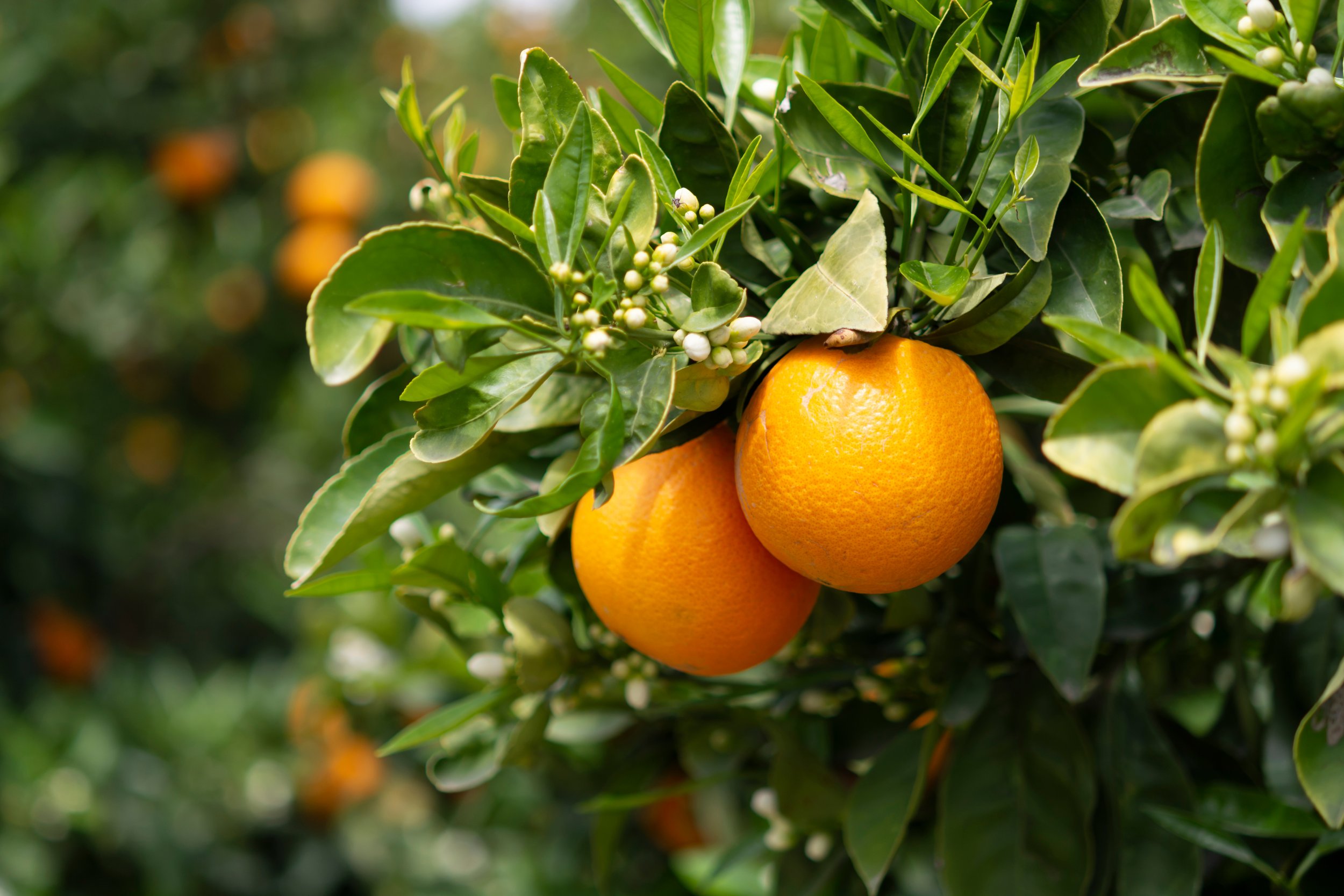Make a Smooth Orange Juice
Description
It may take a little longer to make freshly squeezed orange juice than it does to pick up a juice box from the store, but the difference in flavour and freshness is unmatched. A fresh orange juice is tart and sweet, much sweeter than the 'from concentrate' juice you find in stores. It's also free of any added sugars or anything 'nasty.'
You can also choose whether to make orange juice with pulp or without pulp when making it at home. Not to mention that it is full of vitamins and health benefits. Straight from the fruit, sugar-free orange juice tastes better than ever!
Ingredients
4 Oranges
Juicing Time: 1 min
Juice Qty: 250-500 ml
Serves: 1
Method
Prepare the oranges by first peeling them.
Chop them into smaller parts to fit your juicer chute.
Feed a few into your juicer chute at a time.
Enjoy!
Tip: In order to get the most nutrients from orange juice, it is best to consume it as soon as possible. Any leftovers will, however, keep for three days in an airtight container in the fridge.
Health Benefits
Nutritionally, oranges are a powerhouse, filled with vitamins and minerals. In particular, vitamin C prevents cell damage as a water-soluble antioxidant.
How does it work? In every cell of the body, DNA is vulnerable to damage, or mutation, due to free radicals. The mutation of DNA can lead to the growth of cancerous cells. Vitamin C neutralizes free radicals and can prevent this mutation.
The vitamin C found in oranges has other health benefits too:
Forms blood vessels, muscles, cartilage, and collagen in your bones.
Fights inflammation and can reduce the severity of conditions like asthma, rheumatoid arthritis, and cancer.
Boosts the body's immune system to protect against viruses and germs.
Improves iron absorption and fights anemia.
Slows age-related macular degeneration (AMD), which can lead to vision loss.
Lowers blood pressure and cortisol, the stress hormone.
In addition to vitamin C, oranges have other nutrients that keep your body healthy.
Fibre
As a result of the fibre in oranges, blood sugar levels can be kept in check and high cholesterol can be reduced to prevent heart disease.
Calcium
A medium orange contains 55 milligrams of calcium, or 6% of your daily requirement. This nutrient is important for building strong bones and maintaining bone health. Usually, it's associated with dairy products like milk, but whole vegetables and fruits, such as oranges, are also good sources.
Folic Acid or Folate
Folic acid is an essential B vitamin the body uses to create DNA and divide cells. If you don't have enough folate in your diet, it can lead to blood disease, cancer, and even birth defects. If you're pregnant, have an orange. It's a great natural source of folate.
Natural Sugar
This type of sugar is found in whole foods like milk, vegetables, fruits, grains, and legumes. Unlike processed sugar that you'd find in candy, natural sugar contains fewer calories and more nutritional benefits.
Potassium
Oranges are high in potassium, a mineral that regulates heartbeat and muscle function. It's been shown to lower blood pressure in people with hypertension.
Citric Acid
A sour compound that's found in citrus fruits, citric acid is also used as a natural preservative. Oranges have plenty of it, and it can alter pH levels in the urine and prevent the formation of calcium oxalate stones, or kidney stones.
Enjoy!


